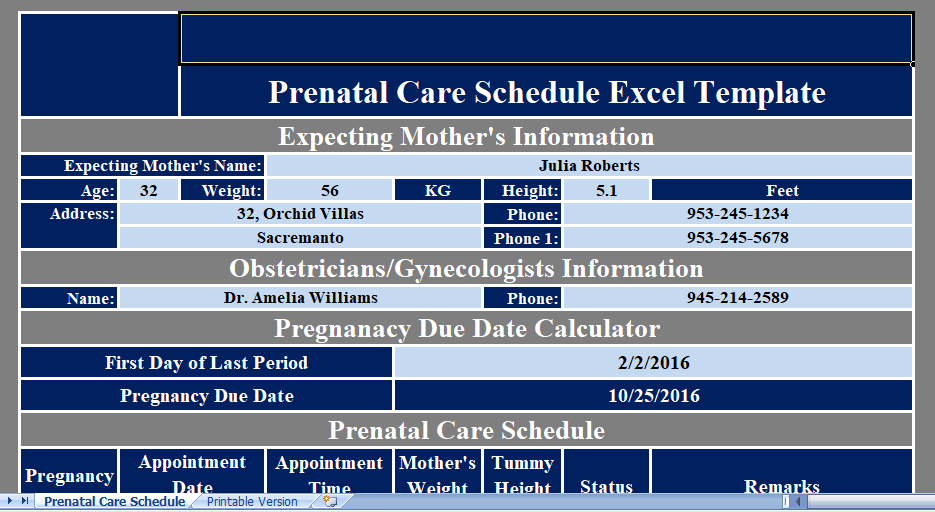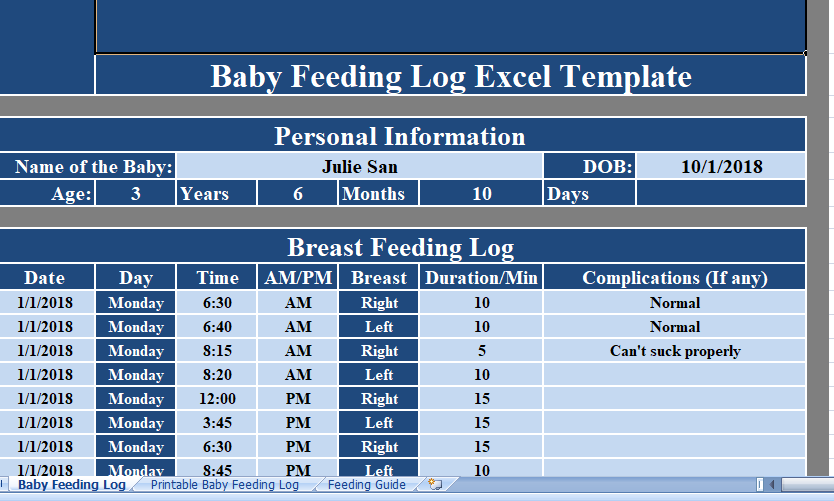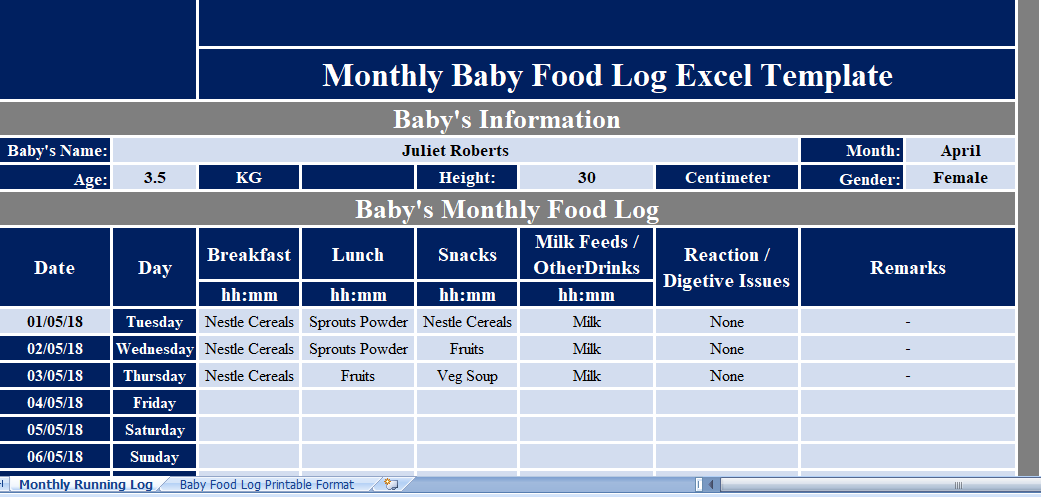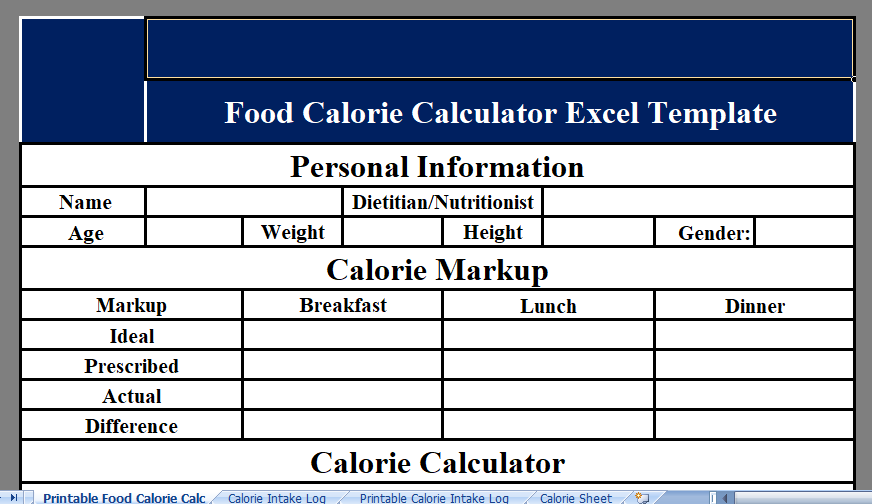Online Body Mass Index (BMI) Calculator: The Ultimate Guide to a Healthier You
Introduction
Are you interested in monitoring your weight and maintaining a healthy lifestyle? If so, an Online Body Mass Index (BMI) Calculator might be just what you need! BMI calculators have become increasingly popular as people seek effective tools to keep track of their health. In this blog post, we’ll explore the importance of BMI, the ideal BMI index for men and women, and how to optimize your BMI at different age groups.
Online BMI Calculator
What is Body Mass Index (BMI)?
Body Mass Index (BMI) is a simple calculation that uses your height and weight to estimate your body fat. This numerical value serves as an indicator of whether you are underweight, normal weight, overweight, or obese. As a widely-used and convenient tool, an Online BMI Calculator can be an important part of your journey towards better health.
Why is BMI important?
BMI plays a crucial role in helping individuals understand their current health status. It serves as a guideline for determining if you are at risk for health issues related to your weight. It’s important to remember that while BMI is a helpful tool, it’s not a diagnostic tool – meaning, it should be used in conjunction with other assessments and advice from healthcare professionals.
What is Formula for Calculating BMI?
BMI, or Body Mass Index, is a measure of body fat based on a person’s weight and height. It is calculated by dividing a person’s weight in kilograms by the square of their height in meters. The formula for BMI is:
BMI = weight (kg) / height^2 (m^2)
For example, if a person weighs 70 kilograms and their height is 1.75 meters, their BMI would be:
BMI = 70 / (1.75)^2 = 22.9
A BMI between 18.5 and 24.9 is considered normal, while a BMI between 25 and 29.9 is considered overweight. A BMI of 30 or higher is considered obese. However, it’s important to note that BMI is just one measure of body fat and doesn’t take into account factors such as muscle mass or body composition
Ideal BMI Index for Men and Women
The ideal BMI index varies slightly between men and women. However, the World Health Organization (WHO) provides the following standard classification for adults:
- Underweight: BMI < 18.5
- Normal weight: BMI 18.5-24.9
- Overweight: BMI 25-29.9
- Obesity (Class 1): BMI 30-34.9
- Obesity (Class 2): BMI 35-39.9
- Obesity (Class 3): BMI ≥ 40
It’s important to note that factors such as muscle mass, bone density, and distribution of fat can influence BMI measurements. Therefore, it’s essential to consult a healthcare professional to get a more accurate understanding of your health status.
Root Cause for Non Ideal Body Mass Index
There are several root causes for a non-ideal BMI index, which can include factors related to lifestyle, genetics, and environmental influences. Here are some of the most common causes:
Poor Diet: Consuming a diet high in processed foods, unhealthy fats, and added sugars can lead to weight gain and an increased BMI. A lack of nutrients from fruits, vegetables, lean proteins, and whole grains can also contribute to an unhealthy weight.
Physical Inactivity: A sedentary lifestyle, characterized by minimal physical activity, can result in weight gain and a higher BMI. Regular exercise is essential for maintaining a healthy weight and overall well-being.
Genetics: Your genetic makeup can play a role in determining your BMI. Some individuals may be predisposed to having a higher or lower BMI due to inherited traits, such as metabolism or body composition.
Hormonal Imbalances: Certain hormonal imbalances, such as hypothyroidism, polycystic ovary syndrome (PCOS), or Cushing’s syndrome, can contribute to weight gain and a non-ideal BMI index.
Medications: Some medications can lead to weight gain as a side effect, which may impact your BMI. These can include certain antidepressants, antipsychotics, steroids, and diabetes medications.
Stress: Chronic stress can lead to unhealthy eating habits, such as emotional eating or overeating. This can contribute to weight gain and an increased BMI.
Sleep Deprivation: Lack of sleep can disrupt hormone regulation, leading to increased appetite and poor food choices. This can result in weight gain and a higher BMI.
Age: As you age, your metabolism tends to slow down, and muscle mass may decrease. This can lead to weight gain and an increased BMI if you don’t adjust your diet and exercise habits accordingly.
Environmental Factors: Factors such as socioeconomic status, food availability, and cultural norms can influence eating habits and contribute to weight gain and a non-ideal BMI.
It’s important to recognize that multiple factors can contribute to a non-ideal BMI index. Addressing these factors through lifestyle changes, medical treatment, or working with a healthcare professional can help individuals achieve a healthier BMI and improve overall well-being.
Optimizing BMI for Men and Women at Different Age Groups
Achieving a healthy BMI is important for overall health and wellness. Here are some tips on how to optimize your BMI across different age groups:
Balanced Diet: Consuming a well-rounded diet that includes a variety of fruits, vegetables, lean proteins, and whole grains is crucial. Eating mindfully and practicing portion control can also contribute to achieving an ideal BMI.
Regular Exercise: Engaging in physical activity can help you maintain a healthy weight. Aim for at least 150 minutes of moderate aerobic exercise or 75 minutes of vigorous exercise per week. Incorporate strength training exercises to build muscle and support overall health.
Manage Stress: Stress can impact your eating habits and weight. Develop healthy stress management strategies such as meditation, yoga, or deep breathing exercises to help maintain your BMI.
Sleep: A good night’s sleep is essential for overall health. Aim for 7-9 hours of sleep per night to support healthy weight management.
Consult a Professional: Speak with a healthcare professional, nutritionist, or personal trainer for personalized advice on how to optimize your BMI based on your age, lifestyle, and unique needs.
Conclusion
An Online Body Mass Index (BMI) Calculator is a valuable tool for monitoring your weight and overall health. By understanding the ideal BMI index for men and women and learning how to optimize it for different age groups, you can embark on a journey towards better health and wellness. Remember, it’s always best to consult with a healthcare professional to get personalized advice on your unique needs.





